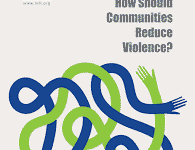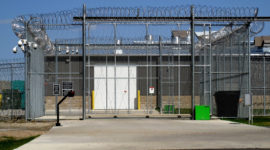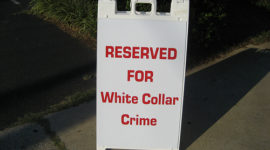Crime & Punishment
Project Manager:
- Pete Shively
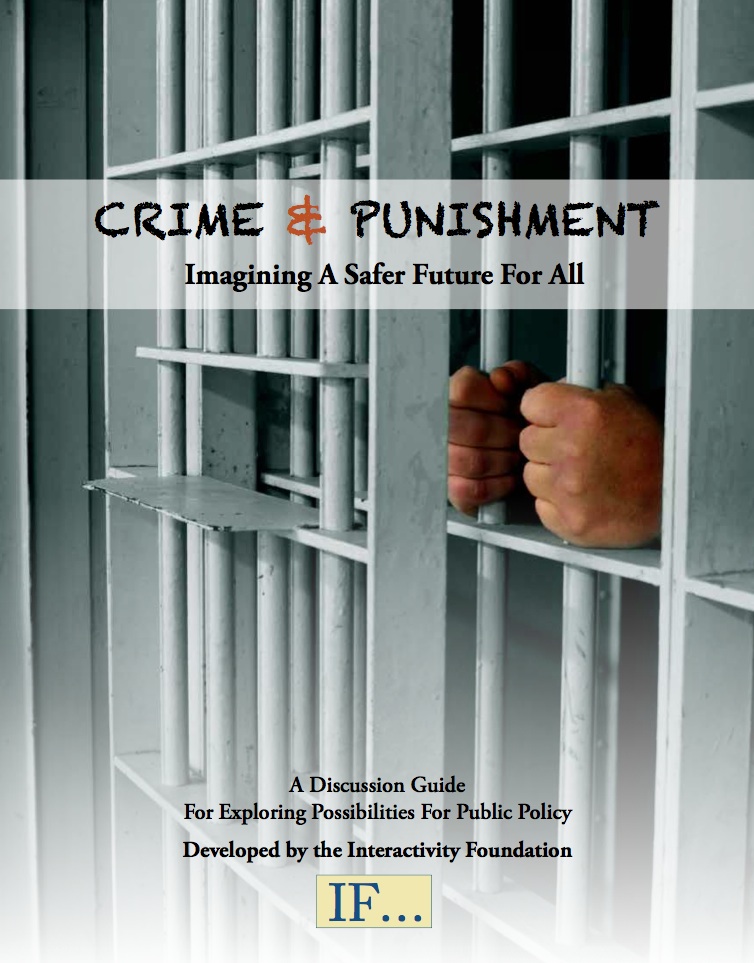
What is crime? What scares us about it and why? Which “anti-social” behaviors are deemed criminal and which aren’t and why? What causes crime: nature, nurture/environment, other? How and why do we treat violent crime differently than property crime and differently than white collar crime? Should the number or race, gender, class of victims or perpetrators or the dollar amount matter? Why do crime rates vary significantly among countries, cultures, and over time? What are the political dimensions of crime? What “works” and what doesn’t in law enforcement; how many functions does it perform; and how can we best police ourselves? How do different due process protections, civil rights, and court systems affect crime and punishment?
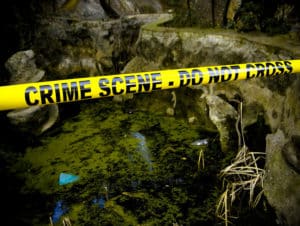
BCN Crime Scene by Atavic Art on Flickr / CC BY-NC-SA
Why do we punish crime: to deter future crimes, to punish offenders, to keep them off the street and keep society safe? Why have crime rates been declining? And if crime rates are generally falling, why do we still have some of the highest crime rates in the developed world? Why do we have the world’s highest incarceration rates–and significantly higher than in our past? What are the alternatives to incarceration? What’s worked, what hasn’t? What can we afford and what are we willing to pay?
The discussion guide invites us to explore these and other interrelated questions and concerns about crime, punishment, and our criminal justice system in general.
The five policy possibilities in this discussion guide:
A. Get Smart[er] to Prevent and Better Deter More Crime
B. Support Families, Strengthen Communities, Reintegrate Society
C. Less Prison and More and Better Treatment for Mental Illness and Substance Abuse
D. Fix Our Prison System
E. Do the Right Thing







